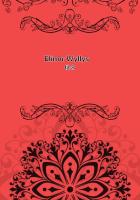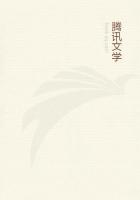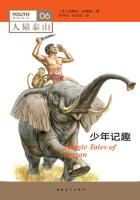Since we are seeking this knowledge, we must inquire of what kind are the causes and the principles, the knowledge of which is Wisdom. If one were to take the notions we have about the wise man, this might perhaps make the answer more evident. We suppose first, then, that the wise man knows all things, as far as possible, although he has not knowledge of each of them in detail; secondly, that he who can learn things that are difficult, and not easy for man to know, is wise (sense-perception is common to all, and therefore easy and no mark of Wisdom); again, that he who is more exact and more capable of teaching the causes is wiser, in every branch of knowledge;and that of the sciences, also, that which is desirable on its own account and for the sake of knowing it is more of the nature of Wisdom than that which is desirable on account of its results, and the superior science is more of the nature of Wisdom than the ancillary;for the wise man must not be ordered but must order, and he must not obey another, but the less wise must obey him.
Such and so many are the notions, then, which we have about Wisdom and the wise. Now of these characteristics that of knowing all things must belong to him who has in the highest degree universal knowledge; for he knows in a sense all the instances that fall under the universal. And these things, the most universal, are on the whole the hardest for men to know; for they are farthest from the senses. And the most exact of the sciences are those which deal most with first principles; for those which involve fewer principles are more exact than those which involve additional principles, e.g.
arithmetic than geometry. But the science which investigates causes is also instructive, in a higher degree, for the people who instruct us are those who tell the causes of each thing. And understanding and knowledge pursued for their own sake are found most in the knowledge of that which is most knowable (for he who chooses to know for the sake of knowing will choose most readily that which is most truly knowledge, and such is the knowledge of that which is most knowable); and the first principles and the causes are most knowable; for by reason of these, and from these, all other things come to be known, and not these by means of the things subordinate to them. And the science which knows to what end each thing must be done is the most authoritative of the sciences, and more authoritative than any ancillary science; and this end is the good of that thing, and in general the supreme good in the whole of nature. Judged by all the tests we have mentioned, then, the name in question falls to the same science; this must be a science that investigates the first principles and causes; for the good, i.e. the end, is one of the causes.
That it is not a science of production is clear even from the history of the earliest philosophers. For it is owing to their wonder that men both now begin and at first began to philosophize;they wondered originally at the obvious difficulties, then advanced little by little and stated difficulties about the greater matters, e.g. about the phenomena of the moon and those of the sun and of the stars, and about the genesis of the universe. And a man who is puzzled and wonders thinks himself ignorant (whence even the lover of myth is in a sense a lover of Wisdom, for the myth is composed of wonders);therefore since they philosophized order to escape from ignorance, evidently they were pursuing science in order to know, and not for any utilitarian end. And this is confirmed by the facts; for it was when almost all the necessities of life and the things that make for comfort and recreation had been secured, that such knowledge began to be sought. Evidently then we do not seek it for the sake of any other advantage; but as the man is free, we say, who exists for his own sake and not for another's, so we pursue this as the only free science, for it alone exists for its own sake.
Hence also the possession of it might be justly regarded as beyond human power; for in many ways human nature is in bondage, so that according to Simonides 'God alone can have this privilege', and it is unfitting that man should not be content to seek the knowledge that is suited to him. If, then, there is something in what the poets say, and jealousy is natural to the divine power, it would probably occur in this case above all, and all who excelled in this knowledge would be unfortunate. But the divine power cannot be jealous (nay, according to the proverb, 'bards tell a lie'), nor should any other science be thought more honourable than one of this sort. For the most divine science is also most honourable; and this science alone must be, in two ways, most divine. For the science which it would be most meet for God to have is a divine science, and so is any science that deals with divine objects; and this science alone has both these qualities; for (1) God is thought to be among the causes of all things and to be a first principle, and (2) such a science either God alone can have, or God above all others. All the sciences, indeed, are more necessary than this, but none is better.
Yet the acquisition of it must in a sense end in something which is the opposite of our original inquiries. For all men begin, as we said, by wondering that things are as they are, as they do about self-moving marionettes, or about the solstices or the incommensurability of the diagonal of a square with the side; for it seems wonderful to all who have not yet seen the reason, that there is a thing which cannot be measured even by the smallest unit. But we must end in the contrary and, according to the proverb, the better state, as is the case in these instances too when men learn the cause;for there is nothing which would surprise a geometer so much as if the diagonal turned out to be commensurable.
We have stated, then, what is the nature of the science we are searching for, and what is the mark which our search and our whole investigation must reach.
3















